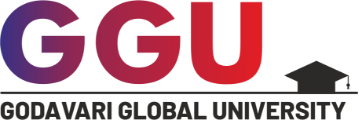- Homepage
- >
- M-TECH
M-TECH
Department Profile
Overview
A Spirit of Entrepreneurship in education, scholarly activity and participation in engineering practice infuse GIET’s Post graduate Programmes. The exclusive disciplines offered in GIET offer research oriented experience. The students are actively involved in faculty-directed research and independent study projects leading to M.Tech degrees in the areas of specialization. The faculty drawn for these programmes represents eminent professors from IITs & strong highly qualified scholars from all over the country, and from different backgrounds. The makes study of GIET much more exciting & interesting.
Genesis

Our Vision
Program Outcomes
After completion of the program, a successful graduate will be able to:
Program Outcome 1
Program Outcome 2
Program Outcome 3
Program Outcome 4
Program Outcome 5
Program Outcome 6
Program Outcome 7
Program Outcome 8
Program Outcome 9
Program Outcome 10
Program Outcome 11
Program Outcome 12
Program Educational Objectives
Within a few years after the graduation, the graduates will be:
Program Educational Objective 1
Program Educational Objective 2
Program Educational Objective 3
Program Educational Objective 4
Program Specific Outcomes
At the end of the programme the specific abilities that will be acquired are
Program Specific Outcome 1
Program Specific Outcome 2
Our Courses
UG PROGRAM
4 YEARS
B-Tech in Computer Science
Computer Science Department
The Dept. of CSE provides the best platform for a budding computer engineer undergraduate to achieve the highest position in life
PG PROGRAM
4 YEARS
M-Tech in Computer Science
Computer Science Department
Graduates of this program will be well-prepared to pursue careers in a wide range of industries, as well as pursue further academic and research opportunities.
Board of Studies






Head of Department
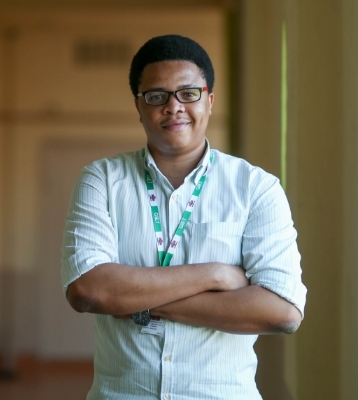
Dr. B. Srinivasa Raja
Head of the Department and Chairman-BoS
Department of ECE has been known for its exceptionally strong Under-Graduate and Graduate training programmes.
Top Faculty







Infrastructure
The Department has 3 modern laboratories that serve the learning needs of the students.



Top Alumni
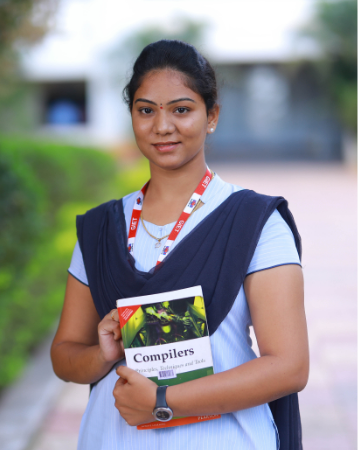
PLACEMENTS
2021
Year of passing
Mechanical
Mechanical
Hyderabad
Location

PLACEMENTS
2021
Year of passing
Mechanical
Mechanical
Hyderabad
Location

PLACEMENTS
2021
Year of passing
Mechanical
Mechanical
Hyderabad
Location

PLACEMENTS
2021
Year of passing
Mechanical
Mechanical
Hyderabad
Location

PLACEMENTS
2021
Year of passing
Mechanical
Mechanical
Hyderabad
Location

PLACEMENTS
2021
Year of passing
Mechanical
Mechanical
Hyderabad
Location

PLACEMENTS
2021
Year of passing
Mechanical
Mechanical
Hyderabad
Location

PLACEMENTS
2021
Year of passing
Mechanical
Mechanical
Hyderabad
Location

PLACEMENTS
2021
Year of passing
Mechanical
Mechanical
Hyderabad
Location

PLACEMENTS
2021
Year of passing
Mechanical
Mechanical
Hyderabad
Location

PLACEMENTS
2021
Year of passing
Mechanical
Mechanical
Hyderabad
Location

PLACEMENTS
2021
Year of passing
Mechanical
Mechanical
Hyderabad
Location

PLACEMENTS
2021
Year of passing
Mechanical
Mechanical
Hyderabad
Location

PLACEMENTS
2021
Year of passing
Mechanical
Mechanical
Hyderabad
Location

PLACEMENTS
2021
Year of passing
Mechanical
Mechanical
Hyderabad
Location

PLACEMENTS
2021
Year of passing
Mechanical
Mechanical
Hyderabad
Location
Research and Development
Centre of Excellence
AVEVA CENTER OF EXCELLENCE
The Internet of Things (IoT) is a course about the new paradigm of objects interacting with people, with information systems, and with other objects. The course will focus on creative thinking and on hands-on project development.
The Internet of Things (IoT) is a system of interrelated computing devices, mechanical and digital machines, objects, animals or people that are provided with unique identifiers (UIDs) and the ability to transfer data over a network without requiring human-to-human or human-to-computer interaction.
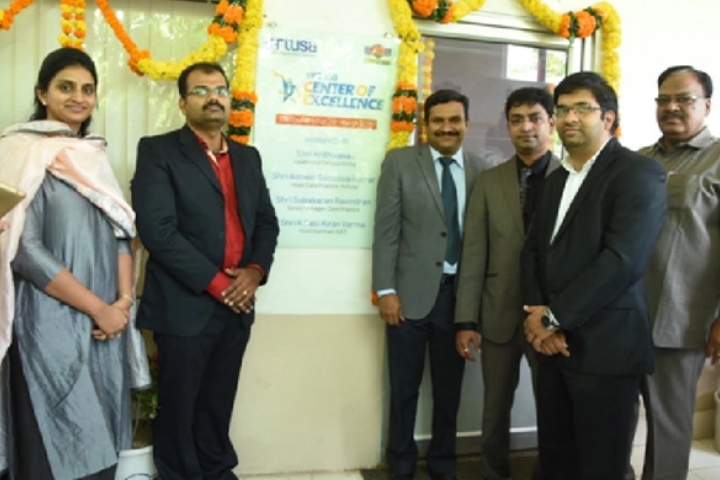
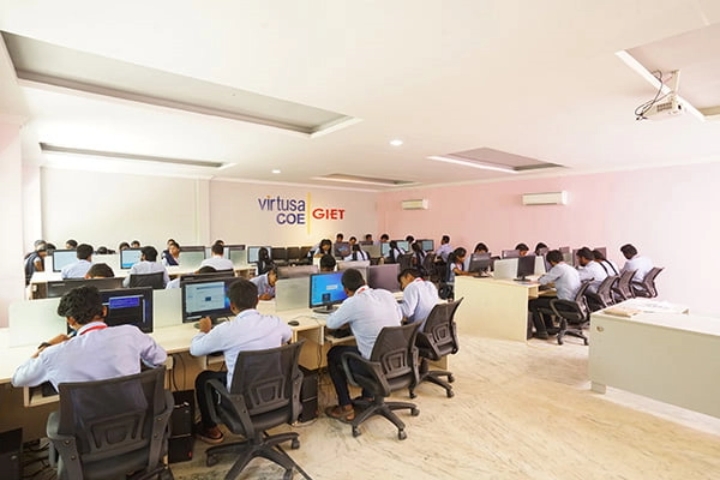
Functionality
- The AVEVA Electrical designer training signifies to perform CAD designing for the AutoCAD drawing of different electrical equipment, sub-station and wiring.
Benefits
- The AVEVA Electrical administrator develops the student as the electrical project administrator with necessary administrative knowledge.
- This module has been developed for electrical engineer user who will be responsible for the equipment definition and specification.
- This training module is developed for the electrical engineer user who will be responsible for the cables creation, wiring and interconnections definitions.
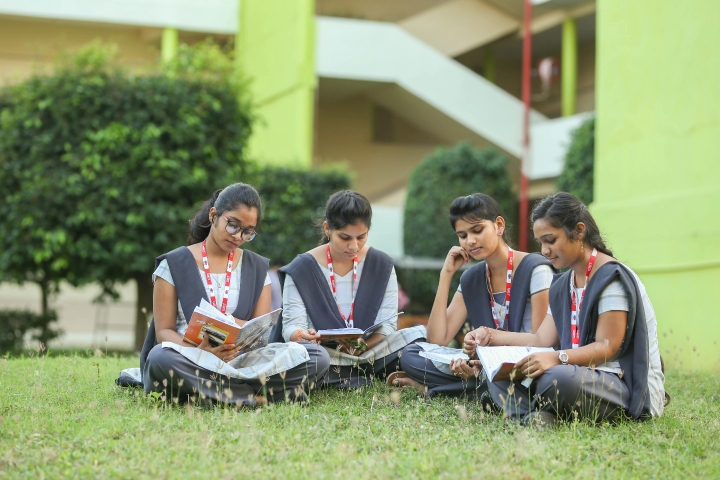
Department Updates
- Achievements
- Events

- Kakinada, Andhra Pradesh
Proin ac quam et lectus vestibu
Vestibulum commodo sapien non elit porttitor, vitae volutpat nibh mollis. Nulla porta risus id neque tempor, in efficitur justo imperdiet.
Posted on 22 June, 2022

- Kakinada, Andhra Pradesh
Proin ac quam et lectus vestibu
Vestibulum commodo sapien non elit porttitor, vitae volutpat nibh mollis. Nulla porta risus id neque tempor, in efficitur justo imperdiet.
Posted on 22 June, 2022

- Kakinada, Andhra Pradesh
Proin ac quam et lectus vestibu
Vestibulum commodo sapien non elit porttitor, vitae volutpat nibh mollis. Nulla porta risus id neque tempor, in efficitur justo imperdiet.
